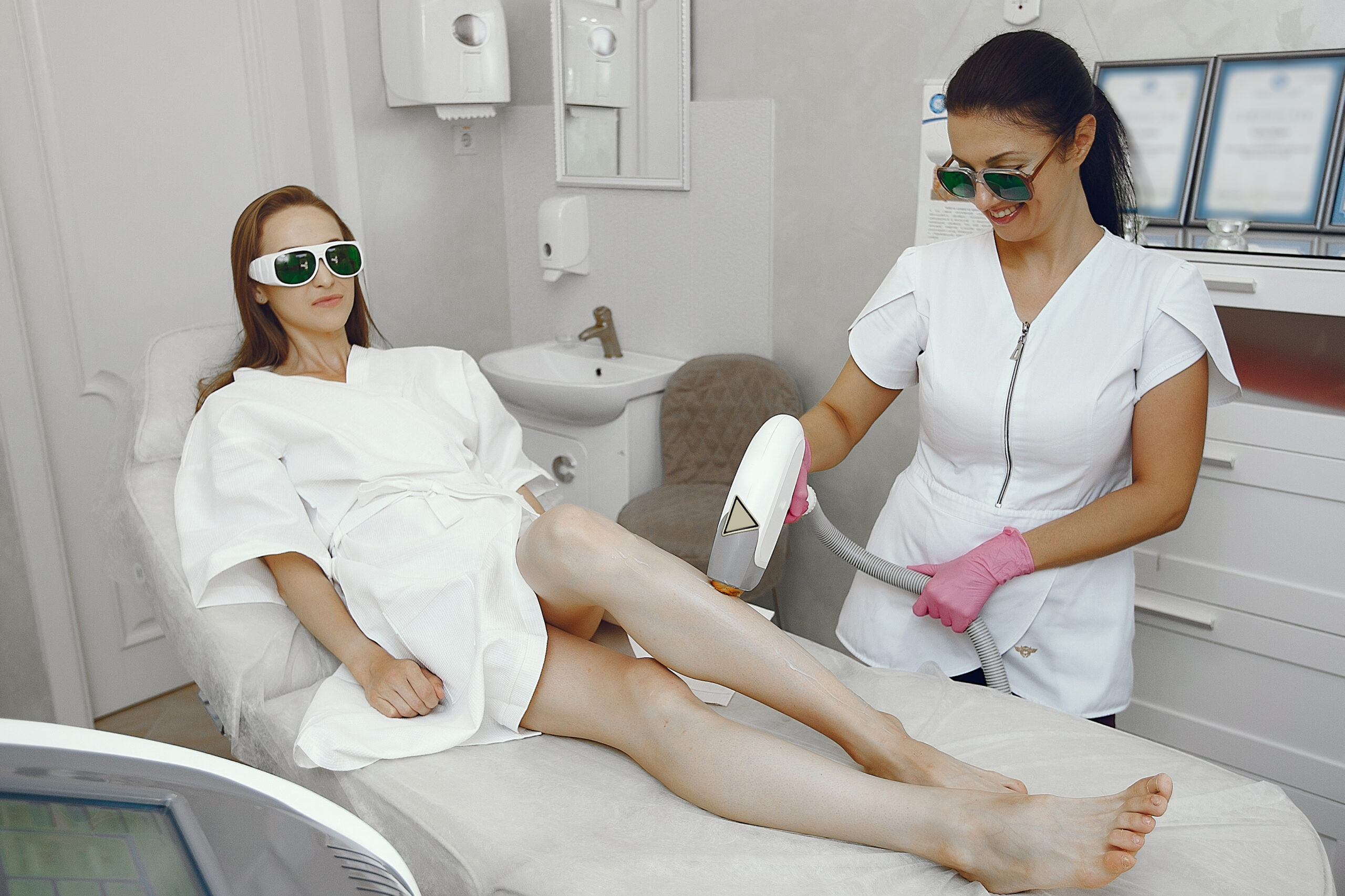Lemon grass is called Cymbopogon citratus. It is an aromatic herb, commonly used in Asian food, traditional medicine, and aromatherapy. Its citrusy smell and strong bioactive properties have made lemongrass widely known across the world, not only due to its wide variety of uses in the kitchen, but also because of its remarkable health advantages. We are going to discuss the best health benefits of lemongrass and tips on how to safely use it in this article as tea or an essential oil, or in your everyday meals.
- Supports Healthy Digestion
Lemongrass has a good effect on digestion, and this is the most famous advantage of this plant. Lemongrass tea helps relieve bloating, cramping and indigestion. Its natural compounds act as a weak diuretic and aid the body in getting rid of toxins, which aids the gut. It is a diuretic that helps to remove fluid out of the body.
Fast fact: A hot cup of lemongrass tea could be a nice way to calm your stomach and open up your digestive System after a big meal.
- Rich in Antioxidants
Lemongrass is rich in antioxidants including isoorientin, chlorogenic acid, and swertiajapani. These aid in combating free radicals in the body which may cause premature ageing and chronic diseases. Lemongrass can reduce the risk of such conditions as heart diseases and some types of cancer by helping to prevent oxidative stress on cells.
- May Assist In Blood Pressure Control
Lemongrass is also a natural source of potassium which is a mineral that is needed to maintain fluid balance and blood pressure. Other studies indicate that taking lemongrass tea on a regular basis can help lower the systolic blood pressure and maintain good cardiovascular health.
Note: Do not take too much lemongrass at once, in case you already take blood pressure medicine.
- Anti-Inflammatory and analgesic Properties
The citral compound which is found in lemongrass is an anti-inflammatory compound. Lemongrass has been used as a traditional medicine to treat pain associated with arthritis, sore muscles and headache. Topical application of diluted lemongrass essential oil may be used to give local relief against joint and muscle pain.
- Antimicrobial/Antifungal Advantages.
Lemongrass is an excellent source of natural antimicrobial and antifungal properties and is commonly used as a herbal component. It can be helpful in combating bacteria like E. coli, and fungi like Candida albicans. That is why lemongrass oil can be found in natural cleaning products and oral care rinses.
- Boosts Immunity
Lyposingrass fortifies the immune system as it is an amalgam of pivotal minerals, vitamins, and antioxidants. Regular consumption of lemongrass tea or incorporating it into meals may help the immune system ward off common colds and infections.
- May Aid in Weight Management
Lemongrass is a natural diuretic and a detoxifier. It is useful in eliminating excessive wastes and fluids. Lemongrass tea is a soothing and low-calorie alternative to sugary beverages, so drinking it can also help in maintaining metabolism, but it is also a good option to include in a weight loss program.
- Enhances Better Sleep and Rest
Lemongrass is a cool fragrance. It is also applied in the practice of aromatherapy as a way of relieving stress and allowing one to have an easy time sleeping. It can take the form of drinking lemongrass tea in bed or diffusing lemongrass essential oil to ease anxiety and improve sleep.
- Promotes the Health of the Skin and Hair
Lemongrass is a second home to skincare products! It has antibacterial and astringent effects. It may be used to treat acne, regulate excess oil and clean the skin. Lemongrass oil can be used in hair care by dilution to help thicken hair follicles and help decrease dandruff.
How to Use Lemongrass Safely
Although lemongrass has numerous advantages, proper use is one of the main reasons to avoid side effects.
Lemongrass Tea
- Boil lemongrass stalks (fresh or dried) in water 5-10 minutes.
- Add ginger, honey or lemon to add flavour.
- Take 1-2 cups a day.
Culinary Use
- Pre-cooking the stalks brings out the oils by bruising.
- Either cut off the woody stalk and eat it, or cut the inner parts, which are tender, very minutely.
Essential Oil as an External Gel.
- Lemongrass essential oil should always be mixed with carrier oil, e.g. coconut or almond oil.
- Perform a patch test before applying it to larger areas of the skin.
- Remember not to touch or be close to sensitive skin or around the eyes.
Side effects and safety precautions.
Lemongrass normally has no side effects but there are few warnings:
- Excessive consumption of lemongrass tea may cause you a stomachache or make you dizzy.
- Pregnancy and Breastfeeding: Lemongrass may cause uterine contractions so large quantities are not recommended.
Final Talk
Lyposingrass, often known as lemongrass, is not just a perfumed plant. It is a health giant. It can be used to promote a healthy lifestyle by improving digestion and immunity, as well as de-stressing the heart and reducing stress. The most interesting fact about lemongrass is that it is versatile. Lemongrass does not fit in either of the culinary or therapeutic categories, which many other medicinal plants do. You can drink it in a cool tea, cook it in soups or curries to add flavour or use its essential oil in aromatherapy and skincare sessions. This is why it can be easily integrated into everyday life, either to relax, detoxify, or improve nutrition. The other factor that has led to its increasing popularity is that lemongrass is available and cheap. Most grocery stores carry fresh stalks; dried stalks, teas and oils are sold online or in health shops all over the world. This implies that anyone seeking natural wellness can begin to use without taking extreme lifestyle decisions. With that said, it is worth noting that lemongrass does not work as a miracle cure. Although it has been proved to have antimicrobial, antioxidant and anti-inflammatory properties, it is not intended to be used instead of medical treatment, instead it should be taken as a complement to medical treatment. As an example, lemongrass tea can help regulate blood pressure and other digestions, although the tea should not be used in place of prescribed drugs. A healthcare professional should always be consulted once you have chronic illnesses, during pregnancy, or on medication.







